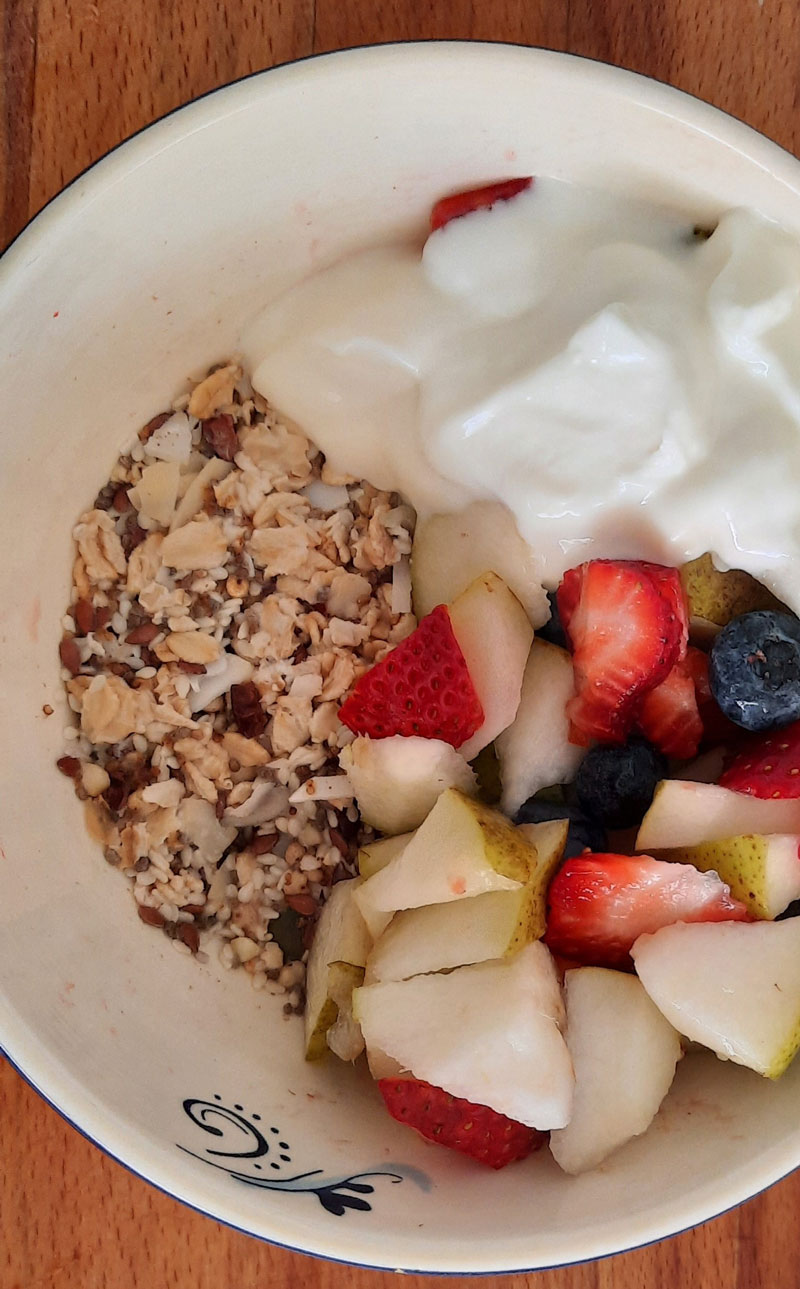Have you made another Resolution This Year?
Most of us resolve at the start of the Year to be happier & healthier-which are wonderful goals. But is your inspiration and motivation fleeting? How do you align your health goals with your wishes and desires? The key is to make a goal very specific and to tackle one goal at a time (don’t make a list – or if you do rank them in order of priority). You may have a long-term goal, that’s fine, but it will be more helpful to break it down into smaller ones.
Before you start, here are the questions you can ask yourself, so you can achieve your health goal this year!
Making the goal/s SMART will help to come them to pass.
- S=Make the goal very Specific.
- M=Make sure you have some way of measuring what you are doing.
- A=Think carefully is your goal Attainable – if impossible revise your goal
- R=Is your goal Realistic and relevant to your life, is it within reach?
- T=Make your goal Timely, have a clear start and end date
There are some deal-breakers – Avoid setting multiple goals that are vague and unreasonable, with no accountability, set in a negative frame. Instead, make a ‘bite-sized’ action-oriented goal. Setting this goal with a friend for support has been shown to really help with achieving what you set out to do. Is there someone who might join you on your quest? And finally, set daily reminders (on your phone) to ‘cement’ change.
Can you Suggest Some Goals?
Are you still not sure? Here is an example of identifying your goal, breaking it down, making it SMART and achieving your Health Goal!
If you have a long-term goal – say lose 10 kilos in three months. Long-term goals are great – now you can break them down into SMART short-term goals – break your long-term goals to SMART ones for each month.
In the first month, you may like to aim for 5 or 6 kilos (weight loss is often faster initially). Then you have 4 to 5 kilos in the 2nd and 3rd months. So, now you have sorted out your primary health goal – set about getting specific with what you can do to achieve it. Ideas may be – increasing your exercise (burn more calories) or changing an eating habit, like eating watching T.V. (consuming fewer calories). Now you can make your goal SMART.
Burn more calories = Exercising daily*, if you do not exercise regularly start with walking for 15 minutes, 2 X daily for 1 week and then add five minutes to each walk each week. If you do exercise concentrate on weight-bearing activity and consider High-Intensity Interval Training to increase the calorie burnt in your sessions. For more information on HITT, please consider a Naturopathic appointment.
* If you currently do not have an exercise regime you may like to consult your healthcare provider before you start.
Consuming fewer calories = Consider Mindful Eating – Stop eating while watching T.V. Often we consume more calories while we are focusing on something else.
Make sure you consume more of your calories earlier in the day, so you are not hungry later in the day.
Include a palm size of protein with each meal to stabilise your blood glucose.
For more specific dietary support, please consider a Naturopathic appointment in our Neutral Bay clinic.
Other Ideas for Your Health Goal
If weight loss is not a goal you have there may be others you can try?
- Include more plant-based meals. Let’s face it – no one eats enough veggies? Try cooking with ones you don’t usually eat? Include ½ a cup more to dinner each week.
- Eat more Mindfully. Eat at the dinner table with family, while not doing anything else. Put your utensils down between bites and chew each mouthful up to 20 x
- Reduce your salt intake. Gradually reduce intake over time– each day using less. This way taste buds will adjust. Use healthy alternatives like fresh & dried herbs & spices / Black Pepper / Mustard or Curry Powder / Vinegar / Fresh Garlic, Chilli, Ginger / Lemon & Lime Juice / Fruit & fruit juices (orange with carrots, apricots with chicken)
Perhaps Try Evolution Rather Than Resolution?
Most of us make a New Year’s Resolution, however, for 80% of us, they last until February! Don’t despair though, research suggests that it takes around 66 days to ‘cement’ a habit and make it automatic. This is why making your health goals SMART will help and in the long run and you will achieve what you set out to do and become the best version of yourself!
For more tips, ideas and support for making your New Year’s Resolutions achieve success, book online today with Sue at
www.handcraftedhealth.com.auYou may find this blog helpful as well









0 Comments